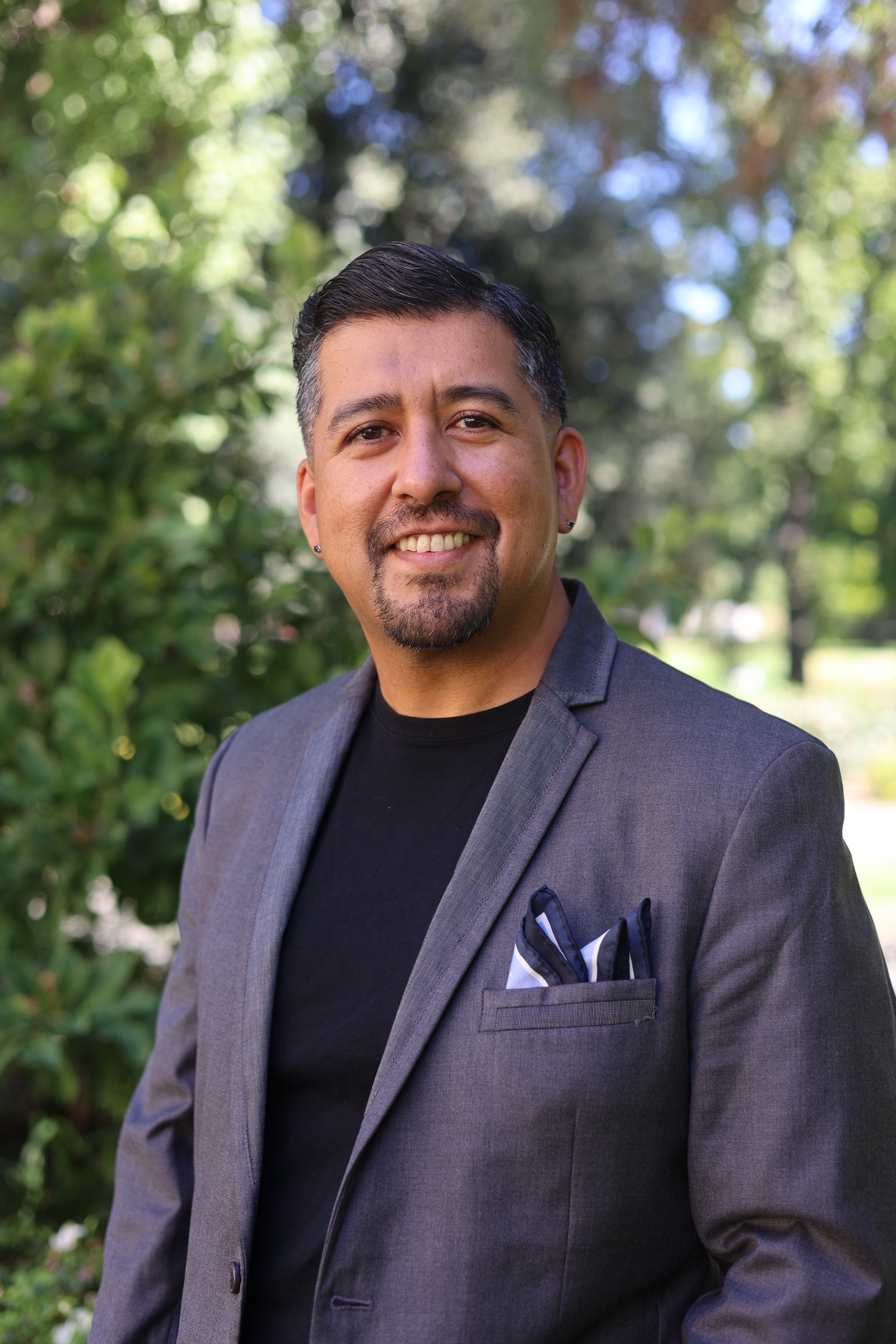Support Page Content
ERI Scholar of the Month
DR. DANIEL CISNEROS
Dr. Cisneros is a faculty member in the Counselor Education program, specializing in Mental Health, School and Career Counseling. Dr. Cisneros started his counseling career as a Professional School Counselor at an alternative high school in North Sacramento. His research was focused on the LGBTQ+ coming out process as well as utilizing corpus linguistics and films to navigate the transgender transition process. In addition, he has published research focused on Anti-racist mentorship strategies in Counselor Education.
WHAT'S THE TOPIC OF YOUR PRESENTATION?
Research article focused on Anti-racist mentorship: a multicultural and social justice approach to mentoring students identifying as Black, Indigenous, and persons of color in counselor education.
WHY IS THIS TOPIC IMPORTANT?
This article is important because it provides anti-racist and social justice-oriented mentorship strategies which are offered do support BIPOC students. Also, within education increasing attention is given to BIPOC communities and students, however literature focused on mentorship of BIPC students is lacking. Despite higher education being heralded as a pathway toward professional and financial security for many people, colleges and universities are not immune to the inequities present in other systems within the United States.
HOW DOES THIS WORK FIT WITHIN YOUR BROADER RESEARCH PROGRAM AND/OR WORK AS FACULTY MEMBER?
Given the experiences of racism within counselor education, this research offers a new approach to mentorship- the anti-racist mentorship (ARM) approach. In addition, as faculty in counselor education serving at an HSI we have a large percentage of BIPOC students. It is essential that as faculty members we know how to effectively mentor and provide mentorship at a much-needed level for BIPOC students.
WHAT DO YOU HOPE THE AUDIENCE WILL TAKE AWAY FROM YOUR PRESENTATION?
The aim is the audience will learn about the importance of strong mentorship of BIPOC students Although this article is focused on counselor educators, the author believes it can apply to educators across the board. It is imperative that mentors working with BIPOC mentees examine their attitudes, beliefs, assumptions, values, and schemas that may reflect internalized racism, and implicit biases against BIPOC individuals. The audience will learn both how to examine their attitudes and beliefs and they will leave with concrete strategies to develop openness, knowledge, and skills to broach topics.
LINK TO A RECENT ARTICLE, PROJECT, OR OTHER SCHOLARLY-RELATED WORK:
https://www-tandfonline-com.proxy.lib.csus.edu/doi/full/10.1080/2326716X.2022.2162462
